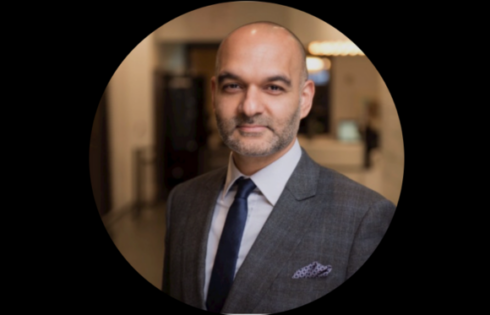
University claims ‘challenged policy treats men and women equally’
On Friday, lawyers representing Harvard University asked a court to dismiss two lawsuits against the university’s sanctions on single-sex student groups.
Representatives from the lawsuits preemptively criticized Harvard’s move in an Independent Women’s Forum conference call Thursday.
Sororities are the canary in the coal mine, and won’t be the last victims of Harvard’s policy of blacklisting organizations it doesn’t like, according to IWF’s senior fellow for legal policy.
Erin Hawley, who also teaches constitutional litigation at the University of Missouri, said the policy was potentially “the tip of the iceberg” for Harvard’s punishment of single-sex groups.
What the policy has meant in practice “is that students may not participate in all-female clubs or a group such as the Radcliffe Floral Society or the all-males Harvard Glee Club,” Hawley said.
The single-sex charitable organization Knights of Columbus also face sanctions, she said: “[O]ne wonders what’s next – whether it’s students who join a church who does not recognize female ministers might soon be subject to their policy.”
It’s not the first time this argument has been made. The former dean of Harvard College, Prof. Harry Lewis, and other faculty wrote a Harvard Crimson op-ed more than two years ago, warning that Harvard was laying the groundwork to punish its students for all sorts of associations – possibly even Roman Catholics.
The university is currently facing legal challenges after proposing a policy in 2016 that would deny members of single-sex clubs the ability to hold campus leadership positions, serve as captain of a varsity athletic team, or receive school support for certain fellowships. The policy went into effect with the Class of 2021.
The university claimed that its policy did not amount to sex-based discrimination because “the challenged policy treats men and women equally,” The Crimson reported.
It also claimed that its policy does not infringe on students’ rights to free association because student social groups are not legally protected by the Massachusetts Civil Rights Act.
MORE: Harvard faculty warn it’s returning to ‘the Puritan era’
Connecticut newspaper The Day outlined Harvard’s further arguments:
The school Friday argued that there was no evidence any student had been threatened, coerced or intimidated by the policy, arguing it doesn’t prohibit students from joining the unrecognized single-sex organizations and that those who do join remain in good standing. The school noted that the students the policy covers began matriculating in the fall of 2017 and were therefore on notice about it when they decided to attend Harvard.
In early December, one federal lawsuit and one state lawsuit were filed against Harvard. The federal lawsuit included the national organizations for Kappa Alpha Theta, Kappa Kappa Gamma, Sigma Chi, and Sigma Alpha Epsilon, along with Harvard’s chapter of Sigma Alpha Epsilon. Additionally, three anonymous male plaintiffs signed on as well.
The federal lawsuit accused Harvard of “eliminating nearly every women’s social organization previously available to female students at Harvard.”
The state lawsuit included Alpha Phi and its Harvard chapter and Delta Gamma’s national organization as its plaintiffs. It accused Harvard of privileging men because most of their organizations remained open.
The lead counsel for the sororities in one of the cases called the effects of the policy “devastating” for women’s groups on campus.
Emma Quinn-Judge pointed out on the conference call that all-male organizations are far older than all-female organizations at Harvard.
“Harvard’s policy is in our view coercive, threatening and interfere—and intimidates students,” she said.
“What happened as a result of this policy is that initially all four sororities closed, and all female, all final [club] groups which are Harvard-based groups also closed,” she continued. “By my count there are still three fraternities open and six all-male final clubs. So the opportunities available to men at Harvard are now very different from those available to women.”
Read The Crimson and The Day coverage.
MORE: Sorority focuses on women despite being forced to admit men
MORE: Harvard wins war on women
IMAGE: Africa Studio/Shutterstock
Like The College Fix on Facebook / Follow us on Twitter





Please join the conversation about our stories on Facebook, Twitter, Instagram, Reddit, MeWe, Rumble, Gab, Minds and Gettr.